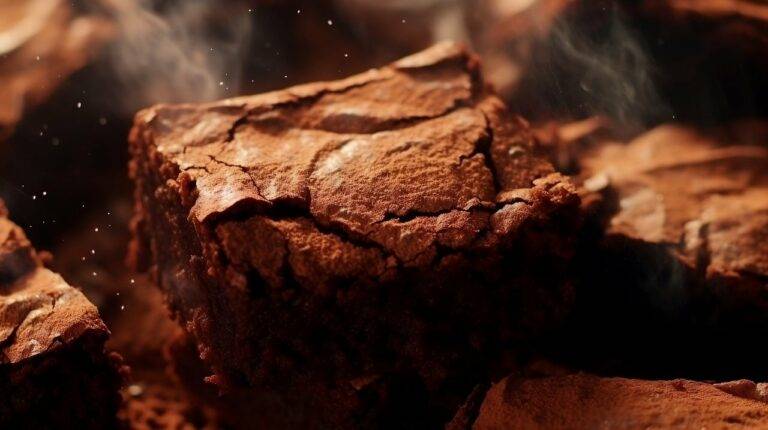The Science of Baking: Chemistry in the Kitchen
Baking is a delicate science that heavily relies on the quality and quantity of ingredients used. Each ingredient plays a crucial role in the final outcome of a baked good. Flour, for example, provides structure and determines the texture of the baked product. It is important to measure flour accurately to achieve the desired consistency in the final product.
Another vital ingredient in baking is leavening agents, such as baking powder and baking soda. These agents help baked goods rise and create a light and airy texture. Without the proper amount of leavening agents, a cake may turn out dense and flat. Additionally, sweeteners like sugar not only add sweetness but also contribute to the texture, color, and moisture of the final product. Each ingredient in baking serves a specific purpose and contributes to the overall success of the baked good.
How Heat Affects Baking
When it comes to baking, heat plays a crucial role in transforming raw ingredients into delicious treats. The process of baking involves conduction and convection, where heat is transferred to the batter or dough, causing it to rise, set, and develop its final texture. This transformation is vital for creating the desired structure and flavor in baked goods.
Moreover, the temperature at which baking occurs can significantly impact the outcome of the final product. Too high of a temperature can lead to rapid browning on the outside while the inside remains undercooked, resulting in a burnt or unevenly baked item. Conversely, baking at too low of a temperature can cause the baked goods to be dense and lack the desired rise and texture. Therefore, understanding how heat affects baking is essential for achieving the perfect balance of flavors and textures in baked goods.
How do different ingredients react to heat in baking?
Different ingredients react differently to heat in baking. For example, butter melts and helps create a tender texture, while flour expands and helps the baked goods rise.
Why is it important to use the right temperature when baking?
Using the right temperature when baking is crucial because it affects how the ingredients interact with each other. Baking at too high a temperature can cause burning, while baking at too low a temperature can result in undercooked or dense baked goods.
How does heat affect the chemical reactions in baking?
Heat helps activate chemical reactions in baking, such as the leavening of baking powder or baking soda, which creates air bubbles in the batter and helps the baked goods rise. Heat also helps proteins coagulate and sugars caramelize, creating the desired texture and flavor.
What happens if the oven temperature is not accurate when baking?
If the oven temperature is not accurate when baking, it can lead to uneven baking, undercooked or overcooked baked goods, and a waste of time and ingredients. It’s important to calibrate your oven regularly to ensure consistent results.





